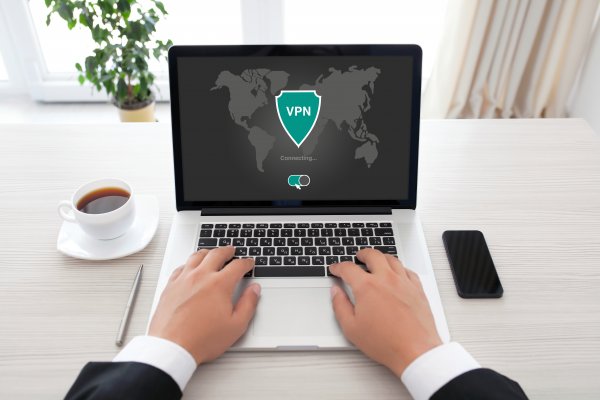Virtual private network connections have flourished into a very prosperous business. VPN services are very common nowadays, and names such as ‘Hide My Ass’, ‘Express VPN’, ‘NordVPN’, ‘PureVPN’ are all well known among reputable companies and internet users. In fact, research shows that 1 in 4 people all around the world use a VPN.
But what is it with all the hype surrounding this topic? What exactly are VPNs, how do they work and are they really necessary or helpful when we’re surfing the web?
A virtual private network (VPN) is basically a technology that allows us to securely and remotely connect to a private network via a public one. VPNs encrypt all data and change your IP address, so that you can benefit from a secure connection every time you are online and make sure you stay safe from any potential harmful eavesdroppers.
The concept of VPN was invented in 1996, by Gurdeep Singh-Pall, Microsoft's CVP, when he developed the first VPN protocol, the PPTP (point-to-point tunneling protocol). His intention was to make Internet connections secure so that people can work from home safely.
There aren’t too many reasons why you shouldn’t use a VPN and those few ones pretty much have to do with the costs (because a trustworthy, professional VPN service doesn’t come for free) and the fact that VPNs usually slow down your Internet speed, by various percentages.
However, the benefits of using a VPN far outweigh the disadvantages.
Here are some of the most important advantages of using a VPN:
- it secures your connection from public networks, so that you can safely enjoy Internet while you’re travelling. Whether you want to go online from a bus, hotel room, or any other place, a good VPN will make sure you stay protected while you are connected. Public wi-fi isn’t safe and doesn’t encrypt your data. You might just want to check your e-mail and risk giving away important information to any savvy hacker out there.
- Helps you stream your favorite shows even if you are not within the US borders. Geographically restricted content is a very common problem. Be it Netflix, Hulu or other streaming services, there is a lot of restricted online content out there and that’s not very fair to those who are not located ‘properly’ within the broadcasting ranges. These restrictions apply to a very large part of the population, from Canada to Europe, Asia or Australia. VPNs can help you get rid of this annoying problem and unlock such content, thus giving you access to all your favorite shows, movies and so on.
- Allows P2P file sharing. This one is also a very huge deal, especially with organizations such as the MPAA (Motion Picture Association of America) and the like, who are really against online sharing of music or movies. VPNs can make you untraceable to the authorities, because they cypher all your downloads/uploads and IP address.
- Helps you escape restrictions imposed by your school, workplace and so on. If, for instance, you want to go online from work, you might bump into one of those annoying ‘acceptable use’ policies imposed by your employer. Some of them can be a real pain, because they can prevent you from accessing your social media accounts, YouTube and other websites, limiting your surfing experience. VPN connections can help you get rid of these restrictions and connect to these websites, while still maintaining your anonymity.
- It helps you access your own home network when you are away from home. A VPN will help you access a Windows Remote Desktop over the Internet and do all the things you normally do from home.





